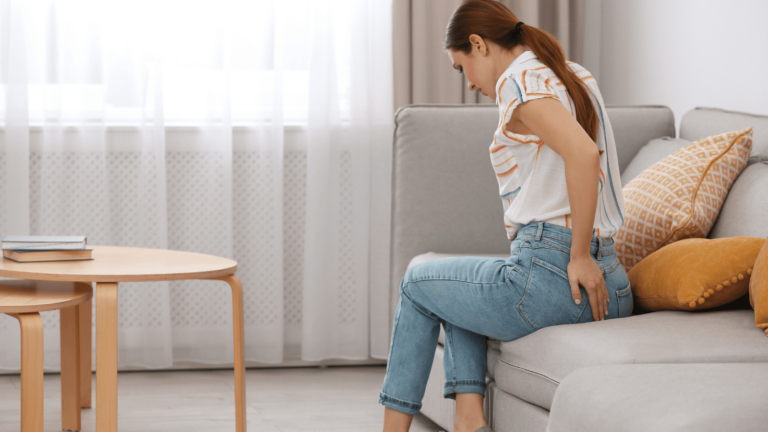
Understanding Piles
Piles, or hemorrhoids, refer to swollen veins in the rectum and anus. They can be internal or external and often result from increased pressure in the rectal area. Straining during bowel movements, chronic constipation, and pregnancy are common culprits.Piles are categorized into four stages based on severity, with symptoms ranging from mild discomfort to excruciating pain and bleeding. However, not all cases progress is piles dangerous disease.
The Dangers of Piles
While piles themselves aren’t inherently life-threatening, they can lead to complications if left untreated. Severe cases may result in thrombosed hemorrhoids, where blood clots form within the swollen veins, causing intense pain and swelling.Additionally, chronic bleeding from piles can lead to anemia, a condition characterized by a deficiency of red blood cells, causing fatigue and weakness. In rare instances, untreated hemorrhoids may necessitate surgical intervention. Symptoms to Watch For:
Common signs include rectal bleeding during bowel movements, anal itching, pain or discomfort, and a lump near the anus.
It’s essential to consult a Proctologist if you experience persistent symptoms or notice blood in your stool, as these could indicate a more serious underlying condition.
Treatment Options
Fortunately, piles can be effectively managed with various treatment modalities. Mild cases often respond well to lifestyle modifications, such as dietary changes, increased fiber intake, and topical ointments to alleviate symptoms.For more severe cases, surgical intervention like Laser Hemmorrhoidoplasty is recommended.
Prevention Strategies
Prevention plays a pivotal role in mitigating the risks associated with piles.Drink adequate amount of water,high fibre in your diet,prolonged sitting is to be avoided.
Regular exercise, maintaining a healthy weight, and practicing good hygiene habits, such as avoiding excessive wiping and using gentle, fragrance-free wipes, can also reduce the likelihood of piles.
FAQs (Frequently Asked Questions)
- What are the primary causes of piles?
Piles often result from increased pressure in the rectal area, caused by factors like chronic constipation, straining during bowel movements, or pregnancy.
- Can piles be cured without surgery?
Yes, mild cases of piles can often be managed with conservative measures, such as dietary changes, increased fiber intake, and over-the-counter medications.
- How can I alleviate the discomfort associated with piles?
To ease discomfort, try soaking in a warm bath, applying over-the-counter creams or ointments, or using ice packs to reduce swelling.
- When should I seek medical attention for piles?
Consult a healthcare professional if you experience persistent symptoms, such as rectal bleeding, anal itching, or a lump near the anus, or if you notice blood in your stool.
- What are the potential complications of untreated hemorrhoids?
Untreated hemorrhoids can lead to complications such as thrombosis, anemia, or in rare cases, necessitate surgical intervention.
